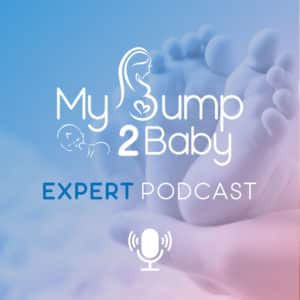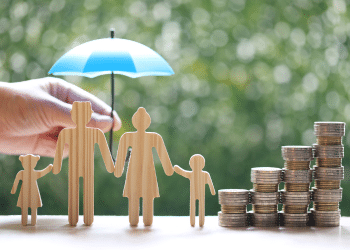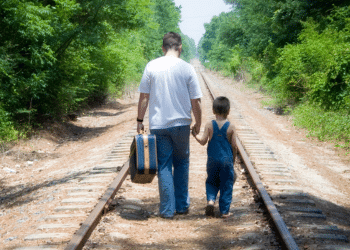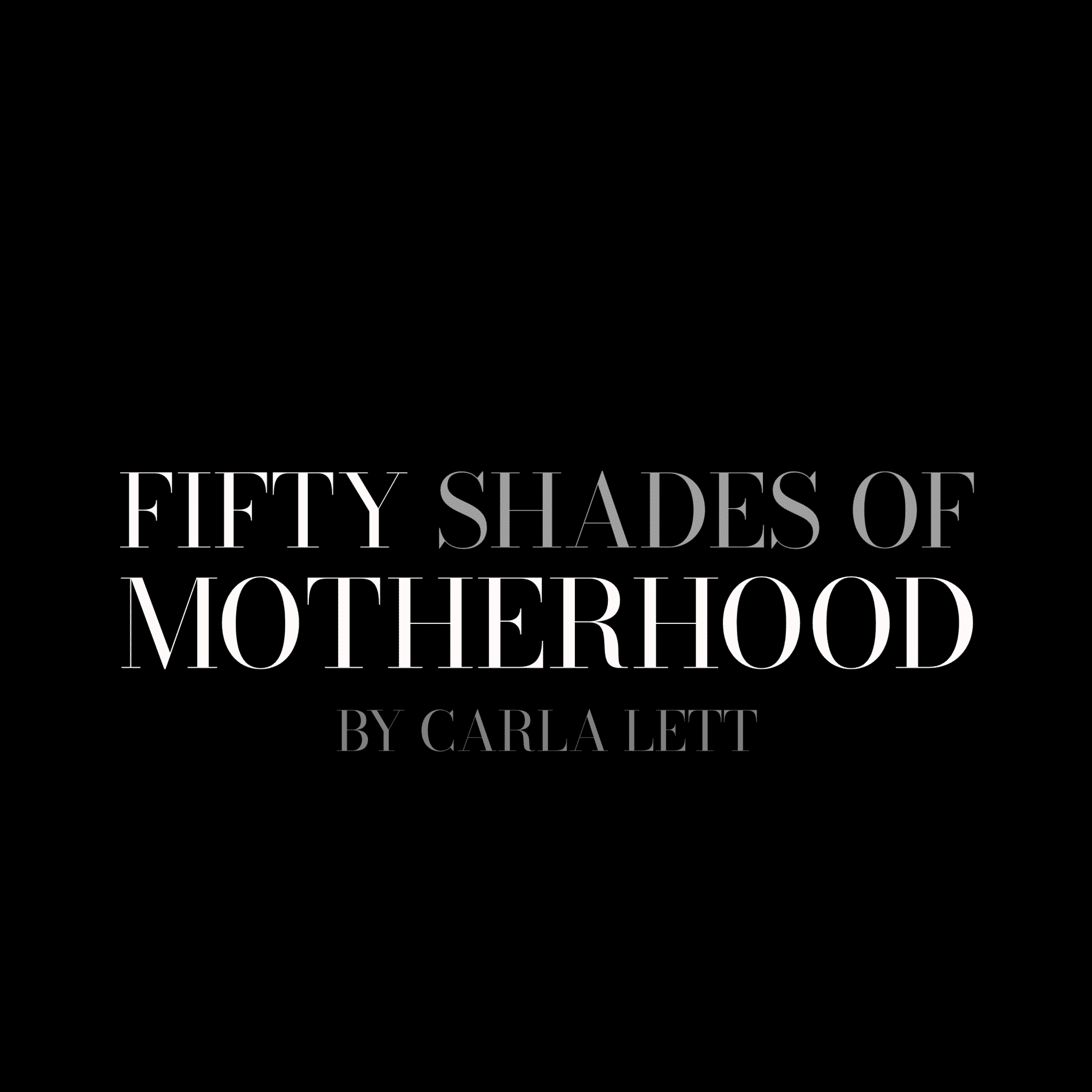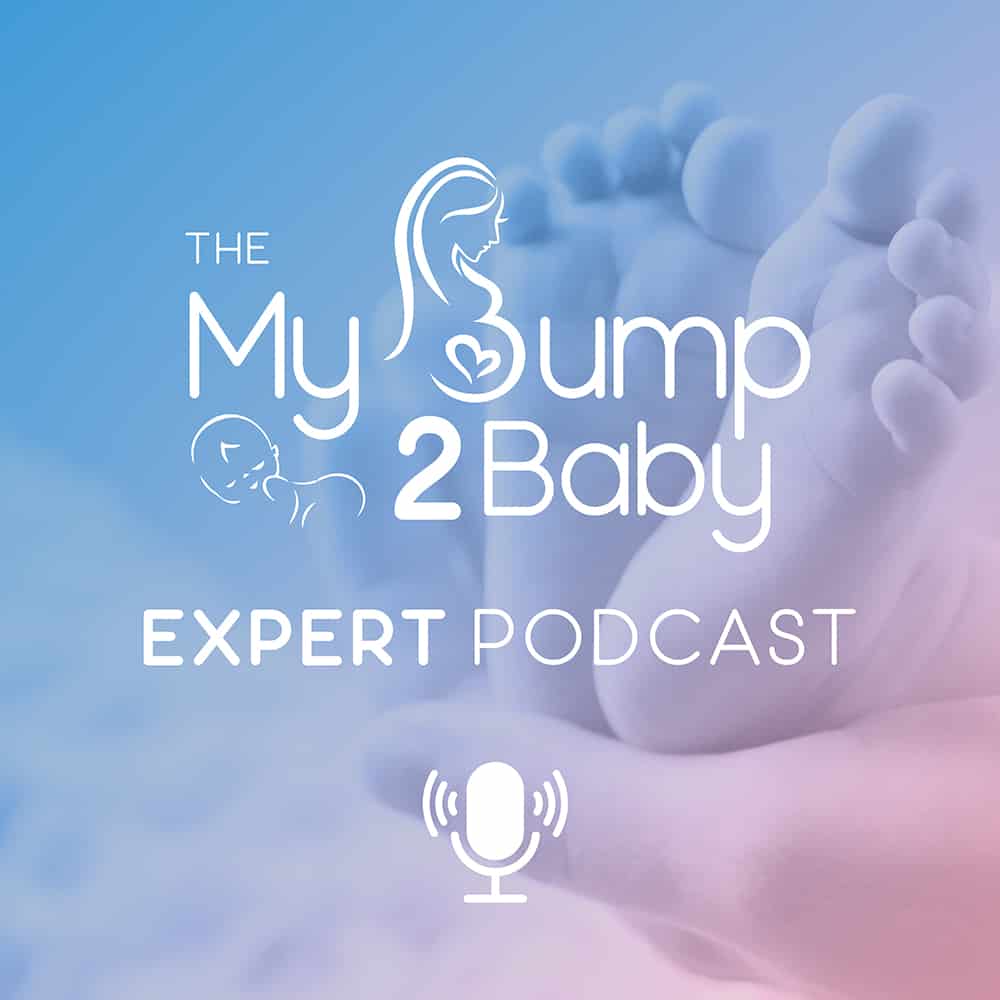- Top Tips to Handle Anger & Shame in Parenting
FREEBIE INCENTIVE: Book your Protection Review https://digital.mybump2baby.com/family-protection-incentive
Grow your business here – https://digital.mybump2baby.com/MyBump2Baby-Digital-Marketing-Academy
Welcome to “MyBump2Baby Expert podcast” where we delve into the real, raw, and often unspoken realms of parenting. In this enlightening episode, we’re joined by Emily, the renowned parenting coach from Finding Flow Parenting, to explore the sensitive topics of anger and shame in parenting.
Parenting is an incredible journey, but it’s not without its challenges. Many parents, at some point, grapple with feelings of anger and shame, often shrouded in silence and misunderstanding. Emily, with her compassionate and insightful approach, sheds light on these complex emotions.
We’ll discuss:
- The Roots of Parenting Anger: Understanding where this anger stems from and how societal pressures and personal expectations can fuel these intense emotions.
- Shame’s Impact on Parent-Child Relationships: Unraveling how shame can influence our interactions with our children and the long-term effects it can have on both parents and kids.
- Strategies for Managing Emotional Responses: Emily shares effective, mindfulness-based techniques for parents to navigate these feelings, promoting healthier communication and stronger bonds.
- Transforming Challenges into Growth Opportunities: Learn how facing these difficult emotions can lead to profound personal growth and more empathetic, understanding parenting.
Our conversation with Emily isn’t just about facing these challenges; it’s about understanding them as a natural part of the parenting journey. By embracing these emotions, parents can find greater peace, flow, and connection with their children.
Join us in this eye-opening episode as we break down barriers and foster a supportive community, reminding every parent that they are not alone in their experiences. Emily’s expertise and the shared stories from our community offer solace, understanding, and practical pathways to more fulfilling parenting.
Subscribe to “Parenting Unveiled” for more honest discussions, expert advice, and heartfelt support in your parenting journey. Together, let’s transform the way we see and experience parenting.
Find your nearest Parent Coach here https://www.mybump2baby.com/pregnancy-baby-toddler-directory/parent-coaches/
Carla (00:00.634)
Hello everybody and welcome to My Bumped Babies Expert Podcast. Today I am delighted to be joined by the lovely Emily from Finding Flow Parenting. Hello Emily, how are you?
Emily Hughes (00:14.074)
I’m good, thank you so much for having me Carla.
Carla (00:17.434)
I’m really excited to talk to you about this subject because it is something that I think a lot of parents feel but they’re almost a bit scared to share too much that they feel this way, anger and shame and that’s what we’re going to be talking about today. So Emily, first of all, can you introduce yourself to our audience?
Emily Hughes (00:26.859)
Yeah.
Emily Hughes (00:36.014)
Yes, so I am the founder of Finding Flow Parenting and I am a conscious parenting coach and I’m also trained in somatics and breath work. So what is somatics and breath work? That’s kind of all about the body because parenting is a full mind and body experience and the topics that we’re talking about today, anger and shame, they’re very much…
in the body as much as they’re in the in the head. So I when I’m coaching my clients it’s a very kind of full 360 mind body approach to helping them feel more centered and grounded in their parenting so that they can parent in a way that feels good and feels in alignment with the way that they really want to show up in their parenting.
Carla (01:30.874)
I love that, I love the way you’ve described that because that’s it. I think we’re all so different and different things, you know, different things rub us up the wrong way as parents and they do and it’s like, and you feel so, I mean at night sometimes I’m very open but I lie in bed sometimes and think oh gosh I’m such a terrible mother and I didn’t turn around, I was on the computer and he was trying to talk to me and you just can fill yourself with so much guilt and shame and also like you said when life is stressful
Emily Hughes (01:36.398)
Mm-hmm.
Emily Hughes (01:40.234)
We have. Yeah.
Emily Hughes (01:53.215)
Yeah.
Mm-hmm. Yeah.
Carla (02:00.706)
anger can come through and it’s about managing all of that so I love what you do Emily and today we’re going to be talking all about that so how would someone recognise the signs I think many of us will know but how would someone recognise the signs of going through that thing where you’re stuck in that shame if you know what I mean.
Emily Hughes (02:02.114)
Yeah.
Emily Hughes (02:19.406)
Yeah. So actually I think shame can be one of the hardest emotions to identify. People are pretty down with sadness, anger, fear, but actually shame, even the word shame, can bring up a little bit of spice in some people’s body. And so to define shame, this is Brené Brown’s definition of shame. She says,
it is the deeply painful experience and I think that’s a really great way to start this shame is deeply painful is the deeply painful experience of feeling that we are fundamentally flawed and therefore unworthy of love and belonging so how shame might show up for somebody I think the clearest phrase of shame might be something like I’m failing
Carla (02:51.174)
Ace!
Emily Hughes (03:14.018)
I’m not good at this. I’m not a nurturing mother or uh it might be like you know I am an angry dad. Then these kind of like really sort of like I am phrases and you know to distinguish that from guilt. Guilt is like I did something um
that was non-optimal let’s say. You know but it’s about shame is kind of this core belief that we there’s something wrong and that it is a kind of floor upon our character and that we’re just fundamentally not good and that’s really what I work with my clients on is I define it as being like a shame resilience journey.
Like how can we become more shame resilient? Because the thing is, is that guilt motivates, but shame is really paralyzing. Shame keeps us stuck in these cycles in our parenting that aren’t serving us.
Carla (04:14.214)
Gosh, I feel like I’ve had a, I had counselling myself just then, that was boom and brilliant. So yeah, I totally resonate with that because the word shame, we do avoid it a lot. And even saying the word, actually feel a bit teary even saying it because as parents, you know, you’re always second guessing, am I being the best I can be? Am I being the best version of myself? And yeah, it’s, yeah, the guilt is one thing, but yeah, maybe a lot of people use the word guilt when actually it is shame.
Emily Hughes (04:28.408)
Yeah.
Emily Hughes (04:32.947)
Mmm.
Emily Hughes (04:42.414)
Mm-hmm. 100% yeah, yeah. And I think the opposite of shame would be trust. Trusting that you are fundamentally good. Imperfect, but fundamentally good. And that’s really where I try and get my clients to is trusting that. Yeah.
Carla (04:44.002)
You know?
Emily Hughes (05:07.35)
The experience of being a parent is going to be messy because human beings are like wildly emotional creatures. We just are and it’s going to be a messy experience. Parenting it just is right? But how can we go through that messy experience trusting that we are fundamentally good?
of on the right path and that our children are fundamentally good and that with our guidance they can be on the right path too. So I think that’s the kind of like where we want to get to if we are stuck in shame is nudging daily towards feeling more safe and feeling more trusting of our of ourselves and believing that we’re good.
Carla (05:52.678)
Yeah, I love that. We are good, and we are. And the thing is, when you become a parent, I mean, I don’t know about some of you guys, but I literally saw these lovely parenting moments on TV and I was like, oh, that’ll be me. And now, I think sometimes, you know, you can get caught in the thing where you think, oh my goodness, I’m awful at this. They could have a better parent. And you feel like you wanna beat yourself up sometimes, and it’s like.
Emily Hughes (06:18.006)
Yes.
Carla (06:18.478)
You know, but at the end of the day, we’re trying to do our best, but we’re also trying to manage household, relationships, keep up with friends, and there’s so many other areas of our life. We’re trying to balance everything. And sometimes parenting can be a struggle because, you know, we’re trying to do all that. And you can get stuck in a bit of a rut, really. And I know some of my friends that I’ve spoken to have been in a rut before where they’ve been stuck in a situation where they are yelling at their kids a lot.
and that’s just become their normality and how would you move away from that?
Emily Hughes (06:47.632)
in.
Emily Hughes (06:51.814)
Yeah, and I think, I think, you know, this word stuck. I think we can end up getting stuck in these patterns of behaviour, and I really like defining them as patterns of behaviour. So yelling is a pattern of behaviour. And one of the ways that I really like to reframe yelling is that yelling is a protective behaviour. And when we are framing yelling as a protective behaviour,
The question then is not so much how do I stop yelling, but it might be like curiosity as in like what am I trying to protect? And this is where we can start to make progress. So sometimes we yell because we are trying to protect a value. So for example, like let’s say that your values include like…
nature, health, outdoor time, curiosity, playfulness, right? And then you see your child on a screen and then you might be like really triggered by them being on a screen and suddenly you find that like you’re shouting and yelling, seeing them on a screen and it’s not really about the screen, it’s about the idea that your values are being violated.
by what you see because it’s kind of not in alignment with your values and then we start to panic and we might be yelling you know like get off your screen get off your screen and a really panicked way and it’s not about the screen at all it’s about this feeling of violation our values are being violated and that’s really where we can get in a pickle with yelling is like we’re trying to protect our value and there can be other things that we’re trying to protect as well.
and you know one of them might be expectation. So often we can have expectations of our children and you know obviously it’s great to have high expectations of your children but sometimes I find people’s expectations of their children are really wonky and what I mean by that is one of the things that we really lack within our culture.
Emily Hughes (09:09.61)
is just like an awareness of what is developmentally normal for children at each age and also stage. And I say stage because obviously if your child has additional needs or neurodiversity, then that adds another kind of layer in. But sometimes we have very wonky expectations of very young children. And one thing I always like to say to my clients,
is that the human brain is not fully developed until 25. And so, yeah, and so like…
Carla (09:45.182)
Wow.
Emily Hughes (09:48.394)
course your children don’t understand your logic sometimes. Of course your children struggle with meeting boundaries because they’re operating with a brain that is not fully formed yet and sort of within this we can find a little more compassion and empathy for them but also for ourselves. Like it makes sense that they’re not able to follow our instructions first time.
because their executive functioning in their brain, so executive functioning is the part of the brain in prefrontal cortex, which kind of allows you to execute a task from start to finish. And children’s executive functioning is quite weak, and that’s not a moral failing, it’s just the fact that their brain has not fully developed yet, and they need our support and guidance to be able to develop their prefrontal cortexes.
Carla (10:44.706)
Wow, I’ve never thought of it like that. And you know, I probably, well in fact I am definitely one of those wonky parents you described. So don’t feel shame in that anyone that’s listening because it’s just, you know, I sometimes, well I do expect probably a bit too much than what my children can give, you know, in terms of, you know, the way they, you know, can you finish your breakfast? Can you do this? Can you do that? And I think that’s it. They’re not our age, are they? And you know.
Emily Hughes (10:55.339)
Yeah.
Emily Hughes (11:10.505)
Mm-hmm.
All right. Yeah.
Carla (11:16.55)
They’ve got their own struggles really. And like you said, with the brain not being fully developed, I’ve never actually thought of it like that. So thank you. Yeah, it makes a lot of sense.
Emily Hughes (11:25.082)
Yeah, and I think when you’re looking at it in that way, it’s much easier to be empathetic and know that your role is essentially to guide. And when we’re in that mode of like, how can I guide my children through this, rather than how can I kind of like order and instruct, which is very kind of like top down, power over.
Carla (11:51.246)
it does make sense. So how would you suggest someone getting out of that kind of routine that they’re in of the yelling?
Emily Hughes (11:59.838)
Yeah, I think one of the things, yeah, the pattern, yeah. And I think one of the things fundamentally here is we yell when we don’t feel safe. We get angry when we don’t feel safe and we feel shame when we don’t feel safe. And what is this, like not feeling safe? Because we might, you know, logically…
Carla (12:01.018)
The pattern.
Emily Hughes (12:24.342)
be like, yeah, this is just two small children in a house. Yeah, of course this is safe, but our experience of it might be completely different. So in my early years of parenting, really objectively, I knew that this was safe, but my experience of it, it felt like there was tigers in the room.
Like my nervous system was just in a state where I was constantly living in like fight in my nervous system. And you know, really how I got into parent coaching was because I had a lot of anger and shame. So I’m certainly not somebody who’s kind of coming out this from the point of view of like I’ve mastered everything. Like that’s my default is anger and shame. And it really comes from not feeling at my core very safe.
And I think a lot of people can go through life, you know, not feeling inherently safe and kind of get on by with that. And then you have children and that feeling of not feeling inherently safe becomes like magnified by like a hundred. And so ways that we can feel a bit more safe.
might be the first thing I would say is like slowing down. One of the questions that I’m always encouraging people to think about is this an emergency? Is this an emergency?
and 99% of the time it’s not an emergency. And if it is an emergency, then please do yell, because if your child is running into the street, that is like, yell, definitely you wanna yell if your child is running into the street, because that yelling is there to protect you. But most of the time, it’s not an emergency. And one of the things I always like to say is like, how can you be like a paramedic?
Carla (14:06.239)
Yeah.
Emily Hughes (14:26.11)
So I don’t know whether anyone listening has ever dealt with a paramedic. I have experienced a situation where I’ve, you know, seen a paramedic up close doing their thing. They come into the scene, you know, where something’s happened, and they come in calm, composed, but also taking action. And if we have the belief too, that we can come in calm, composed, but also taking action,
then even like when things are quite spicy, think paramedic. How can I be like a paramedic? Cause sometimes there’s this fear of if I don’t yell, things are gonna get completely out of control. And actually you see a paramedic dealing with the situation. If a paramedic came in like yelling and panicking, all they would be doing is making everybody else yell and panic too.
So that would be like a little nugget I would say like lean into safety by slowing down and be more paramedic in the way that you deal with situations which have that air of spiciness to them.
Carla (15:24.474)
That’s great.
Carla (15:40.142)
That makes sense, that makes sense. So in terms of then the opposite, so some parents silent treatment is another kind of way that they kind of handle their anger, if you like. So what do you think of that in terms of how that is for the child and also is there a better way to handle that?
Emily Hughes (15:51.588)
Mm-hmm.
Emily Hughes (16:01.746)
Yeah, and I think, you know, I talk a lot about the nervous system in the way that I do my parent coaching because when we have more awareness of the nervous system, we’re able to look at everybody more compassionately, including ourselves. And some, I would say that sometimes what can happen is we’re going down the flight.
pathway if we are angry but we’re kind of in this seething and silent treatment. So people are very familiar with the fight pathway which is obviously like the yelling when you kind of come out with like you know aggression like that’s a very typically in that fight pathway.
But the flight pathway of the nervous system is like you’re angry, but you’re not outwardly expressing your anger. You’re more kind of like moving away from the situation, which might be in silent treatment, which might be in kind of like silently seething. And, you know, so just labelling what’s happening there that you might be going into that flight pathway.
can be just helpful to understand yourself. And I think there can also be something going on here where if you were not allowed to be angry as a child, if you were punished by smacking or isolation or shaming when you were angry as a child, it makes sense that you would really struggle to express anger as…
an adult. That makes so much sense. And obviously in a way there can be some, there can be some, some benefits of doing that in that you’re not screaming and shouting but the toll on your body of squelching anger down, of repressing anger.
Emily Hughes (17:54.102)
that can be equally as problematic. And so, you know, one of the things that I encourage my clients to do is kind of like working with the body in safe ways to explore anger. One of them might be to have like a healthy aggression practice, which is basically when you’re not angry, you just kind of have like a few minutes of the day where you like, are like, what is it like to be angry and just kind of like.
Sounds a bit silly, but kind of connect with anger and kind of see what it’s like to just spend a few minutes just kind of going like, and some, yeah, not outside your house. But you know, another thing here is that some children find it very hard to get angry. And I read this article once, which is like one of the greatest gifts you can give your children is to teach them how to healthily get angry.
Carla (18:23.778)
Yeah.
Carla (18:33.88)
Maybe do that in your house, not outside. You might scare people.
Emily Hughes (18:53.69)
because anger is a human emotion and if we are kind of shaming anger, if we are kind of pushing anger out of the way and kind of saying that’s not an acceptable emotion, we’re pushing part of ourselves away and we’re pushing part of what it means to be human and alive away. I’m a big fan and this is not for everyone but I am a big fan.
of dance and like dance meditation because actually dance and dance meditation can be a great way of connecting with your anger energy but in a really safe and playful way. So I’m always encouraging my clients to do dance meditation, not all of them do it but it’s a playful way of connecting with that if you are someone who represses anger and
Carla (19:39.918)
That sounds… it sounds good. Yeah.
Emily Hughes (19:49.656)
feels quite fearful of anger it can be a playful way of getting in touch with your with anger
Carla (19:57.026)
Yeah, I find that for me personally, my cycle depends on what kind of mood I’m in. I feel like I’m full people in one month sometimes. Once I might be, you know, angry one time then it’s a silent treatment and you know, like kind of, right, I’m not happy about that. And, you know, it’s just kind of identifying with yourself. I mean, a lot of people do keep journals now for, you know.
Emily Hughes (20:02.719)
Yeah.
Emily Hughes (20:07.37)
Yeah.
Emily Hughes (20:15.943)
It’s not good.
Carla (20:23.13)
tracking the cycle because does that have an effect on the way you’re parents?
Emily Hughes (20:27.234)
Yeah, 100%. And it’s something that I have started becoming much more aware of. There’s a great podcast called 28-ish days later, where it’s a… Have you heard of that? It’s like, it takes you through the entire sort of menstrual cycle in like short episodes, 28 short episodes. Super interesting. And…
Carla (20:40.266)
Oh wow! No!
Emily Hughes (20:52.382)
Yeah, I think that, you know, one of the things here is we’re given really poor education on our menstrual cycles and if anybody has got a teenager or a daughter, you know, who’s coming up to their school, I learnt this word recently, the Menarche.
not sure whether I’m pronouncing correctly but that is the men are the men arc is you a girl’s first period and yet most of us were given no education on our menstrual cycles and this is something that I don’t know a great deal about I would really encourage people to start tracking their cycles to start reading about it to get curious and it’s something I’m certainly on a journey towards getting more in tune
Carla (21:15.038)
Oh wow. Yes.
Emily Hughes (21:42.622)
actually I’ll tell you what my husband was more in tune with my menstrual cycle than I was because he just noticed these big shifts in where I was in my anger and shame and so yeah I think that’s a great thing for people to get curious about because I do think it has a massive impact on anger and shame.
Carla (21:48.342)
Hahaha
Carla (22:07.91)
Definitely, definitely. So, Emily, we’ll, I mean, I’ve loved this episode. I could talk to you all day. But can you explain how you can help parents again, all the different things that you help with, and also how people can find you? We’ll put your links underneath this podcast as well, so people can make contact with you directly.
Emily Hughes (22:14.626)
Mm-hmm.
Emily Hughes (22:28.21)
Yeah, so I’ve got I’ve got a little freebie on my website, which is it’s called how to stop yelling and start thriving. So you can check that out. And yes, I work with the main thing that I do with people come see me. So I work with individuals, but I also work with co parents is in like the couple comes together, which makes an awful lot of sense because then you’re making like big shifts in your family together and
Carla (22:36.948)
Oh, I love that!
Emily Hughes (22:58.246)
So yeah, I do a 12 week program, which is like a complete 360 personal growth program of how to be a parent is more in alignment with who you authentically are and how you authentically want to parent. So it’s very bespoke and I really come from the approach that everybody is different and therefore everybody has different values and everybody has different beliefs and therefore like there’s no one way to parent.
But the way to parent is a way that feels really good for you and feels really good for your child. So it’s a really kind of connection based program. How can we help you have greater connection to yourself so that you can have greater connection to your child, greater understanding of yourself, greater understanding of your child. And it’s a very kind of heart centred.
Carla (23:50.286)
Oh, I love that.
Emily Hughes (23:53.938)
way of working with parents. And as I say, it’s kind of body and mindset and also practical tools because some parents, they really need the practical tools. Other parents have read like a thousand parenting books. They know all of the practical tools, but what’s stopping them from being able to execute them is anger, shame, panic, fear. And so we might kind of delve into soothing lots of those things. And that’s the number one word that I really
I’m leaning into at the moment with my clients is how can we soothe, how can we bring soothing in and how can we bring soothing to anger, how can we bring soothing to shame, how can we bring soothing to ourselves and our children.
Carla (24:30.566)
Oh, I like that.
Carla (24:38.738)
Oh, that’s amazing. Honestly, I love your energy and everything you give off. It’s brilliant. So I hope if you guys want that freebie, we’ll drop the link under this podcast. Emily, you’ve been amazing. So thank you so much for being our guest today.
Emily Hughes (24:52.718)
Thank you. Great, thanks. Thanks for having me.
Carla (24:57.158)
Thank you. I’ve just stopped.

